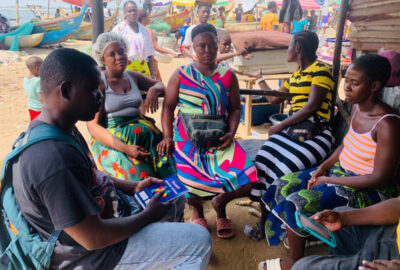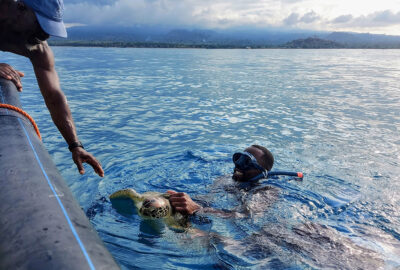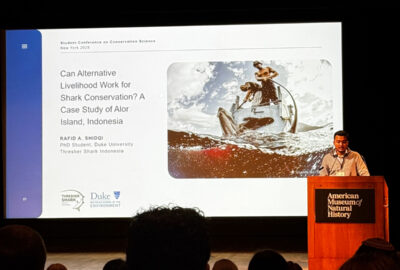Resilience of conservation efforts in uncertain times: 4 lessons from a 6-month lockdown by Kerstin Forsberg
The accomplished scientist and conservation leader reflects on staying positive during the pandemic's environmental and personal challenges.
By Kerstin Forsberg on Friday, December 18, 2020

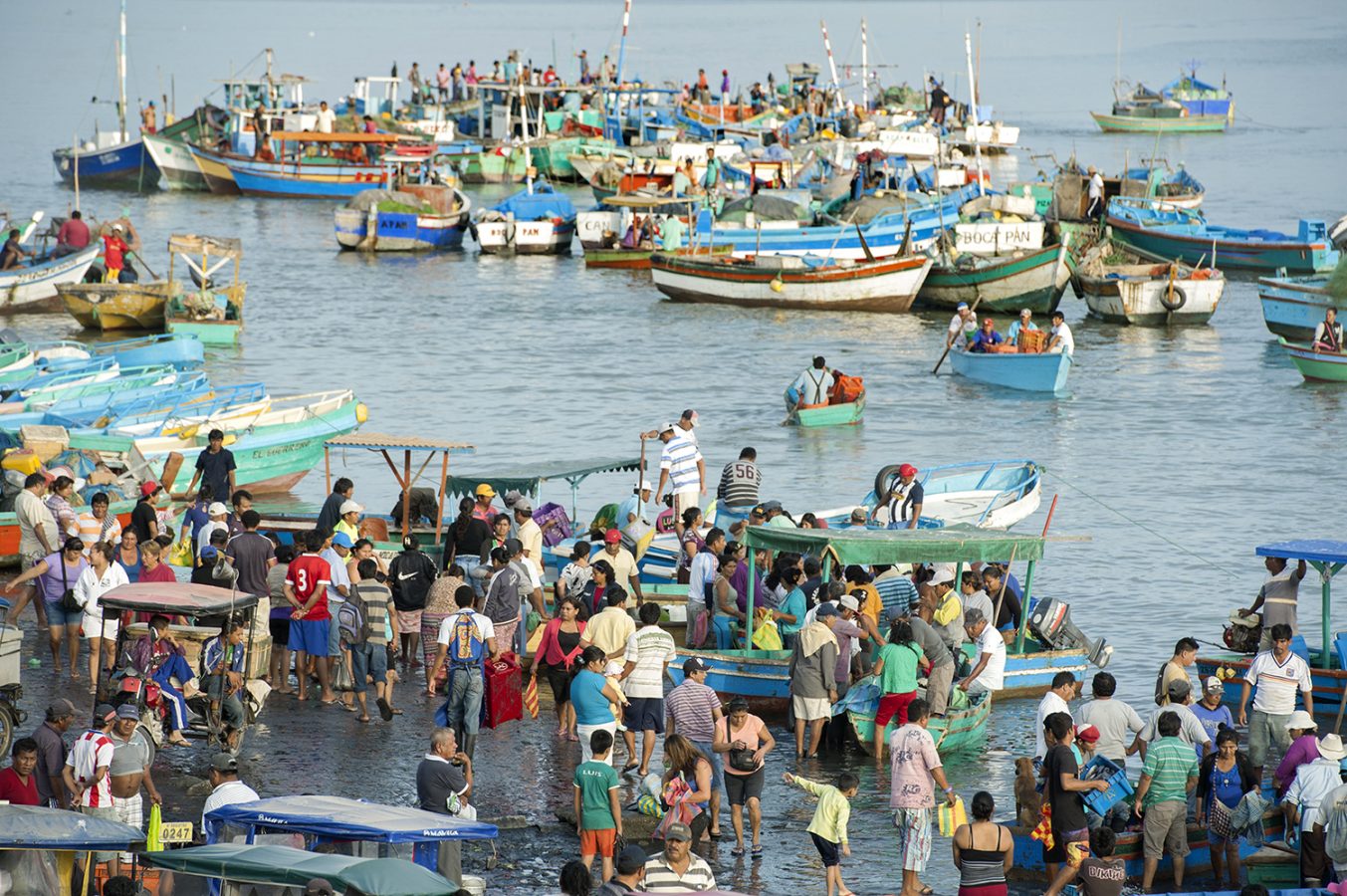
This post is one of a series on projects supported by the Aquarium’s Marine Conservation Action Fund (MCAF). Through MCAF, the Aquarium supports researchers, conservationists, and grassroots organizations all around the world as they work to address the most challenging problems facing the ocean.
MCAF Fellow Kerstin Forsberg is an international conservation leader, marine scientist, social entrepreneur and educator, Rolex Laureate and Whitley Award winner. She is the founder and director of Planeta Oceano, a Peruvian non-profit organization empowering coastal communities in marine conservation. MCAF has helped support the efforts of Kerstin and Planeta Oceano to study and protect sharks and rays, work the team carries out in close collaboration with stakeholders and communities. In this piece, Kerstin writes about fostering resilience and creativity in the face of the many challenges brought on by the ongoing pandemic.
Para español, haga clic aquí versión de esta publicación
Resilience of conservation efforts in uncertain times: 4 lessons from a 6-month lockdown by Kerstin Forsberg
The first time I heard about COVID-19 was in January, while attending the World Economic Forum Annual Meeting in Davos. A friend mentioned the outbreak, and I had no clue of how my life was about to change. My work in recent years had balanced my conservation efforts in the field with a schedule packed with international meetings. And although I had always questioned my travel footprint, these opportunities had certainly strengthened the conservation impact of Planeta Océano, the non-profit organization I founded in Peru as an undergraduate student and that began as a grassroots community initiative.
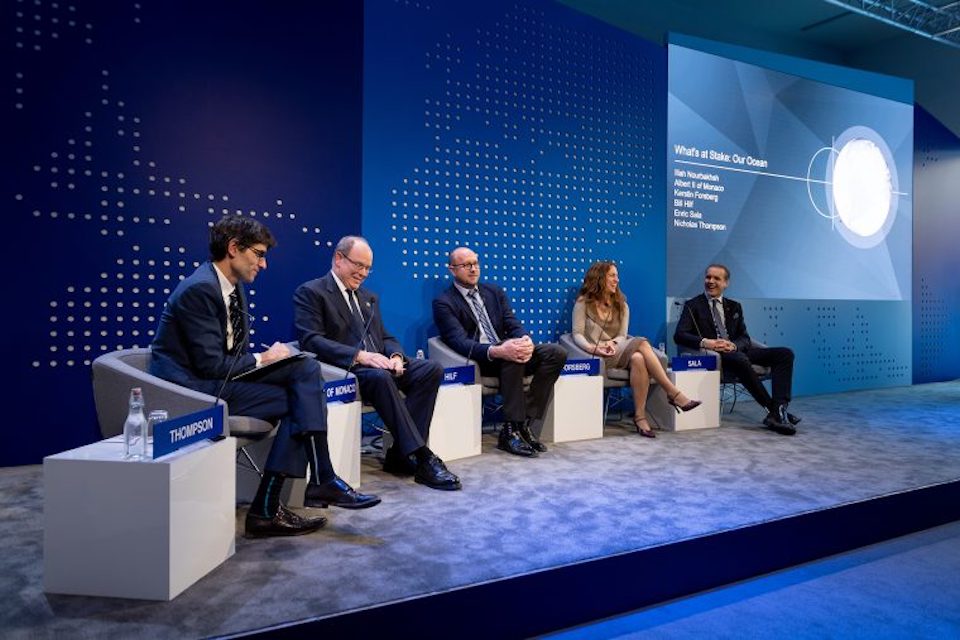
When I came back home to Lima, I was already planning my next conferences and envisioning my work for the year ahead. Yet suddenly, all my events were cancelled, my daughter’s first grade classes turned to homeschooling and I saw myself in a strict lockdown without even leaving home for more than 6 months. Our flagship manta ray project, with fieldwork and data collection greatly supported by Earthwatch expeditions and international volunteers, was put on hold given travel restrictions. And as the leader of a small non-profit, I began my continuous challenge to balance homeschooling with fundraising, team management at a distance, and continuing to implement impact without being able to go to the field. Despite budget constraints, I fought to keep supporting our core staff team, hoping that challenges would make us stronger.
While we are fortunate that our team and families are healthy and safe, Peru is one of the most heavily impacted countries of the pandemic, with an already collapsed medical system. The economic impact of this crisis has been devastating for almost everyone, perhaps even more so for small non-profits across the globe. And, although it has been claimed that lockdowns have to some degree supported nature recovery from decreased habitat perturbations and emissions, the truth is that the pandemic has only underlined the environmental challenges we are all facing.
Soon after I started my quarantine, I was receiving calls from fishermen in northern Peru reporting the illegal harvest of giant manta rays, a species we had worked hard to get legally protected. Mantas were now being exposed to furtive capture due to limited governmental enforcement caused by the country-wide lockdown. Additionally, the increase in single-use plastics and inadequate waste disposal was highlighted on the news. But even further, I suddenly found myself witnessing how countries could potentially risk the weakening of their environments as they struggle to rebuild their suppressed economies. In a coalition with others, I embarked on an additional new pursuit: trying to avoid an ore concentrate project from entering one of Peru’s most emblematic Marine Protected Areas, Paracas, with hopes of ensuring a sustainable blue-green recovery. I am very relieved that the government recently rejected this initiative.
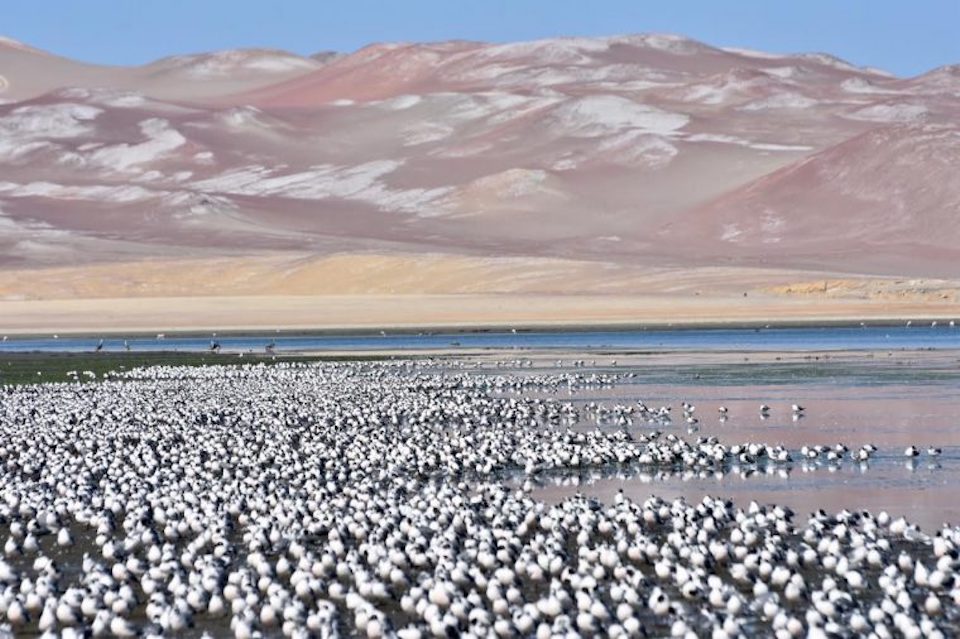
Implementing conservation efforts in these uncertain times has certainly been challenging at a personal and organizational level, but these efforts are necessary now more than ever. As I write this article, I have no idea of when I will be able to safely leave home. Yet despite difficulties, I consider myself an optimist. This experience has allowed me to reframe the way I think, question and act. It has provided me with 4 lessons on resilience to incorporate into my conservation work:
1. Strive to continuously expand creativity
For over half a decade, my team and I had been working to engage local fishermen in leading community-based giant manta ray ecotourism, thus helping to value this vulnerable species alive rather than harvested. Yet with tourism cancelled, I could only feel the need to search new alternatives for this program, perhaps even beyond what could be initially recognizable. Since then, we have been seeking to design innovative online experiences, in which anyone around the world could potentially connect with fishermen and learn about mantas. In this process, we have noted how this platform could be replicated to other areas, further benefitting the resilience and livelihoods of low-income communities.
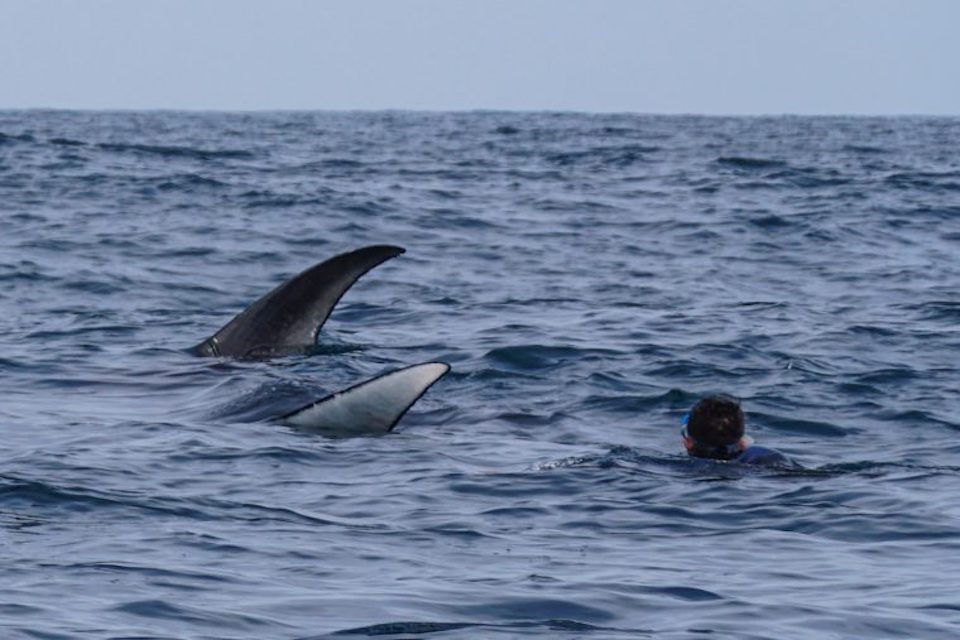
Similarly, our in-person workshops soon turned into radio campaigns, our school activities into webinars for all, our fieldwork with fishermen into an online forum that expanded information exchange, with fishermen sharing sightings and releases of threatened species. In short, challenges can press creativity beyond boundaries, leading to even greater results.
2. Fully leverage the power of networks
During a webinar I attended during quarantine, I learnt that what we really need to practice and refer to is ‘physical distancing’ more than ‘social distancing’, as collaboration is even more critical now. Building upon this, and with World Ocean Day (June 8th) quickly approaching, I decided to reach out to international partners and invite them to join a dream I had been having for some time. In only two weeks, we united 102 children’s voices from 44 countries around the globe in a World Ocean Day Video, calling for a ‘new normal’ for our planet. This effort showed how we can always take a step further to fully leverage our networks. It showed the power of what we can all do together and of what we could all do together.
3. Look through a positive lens
Building upon our ten years of work in marine education, in the past couple of years we started framing our ‘Connecting Schools’ initiative, which aims to bring together youth from different countries through online technology and community action. With distance education suddenly being the new norm, this model rapidly became even more relevant and timely. Providing internet access at home, students can still connect across borders, recognize how we all share the same ocean and develop as global citizens. As we now grow this new initiative, I notice how our current challenges can become opportunities. And although we can all fall, we have the strength to stand stronger.
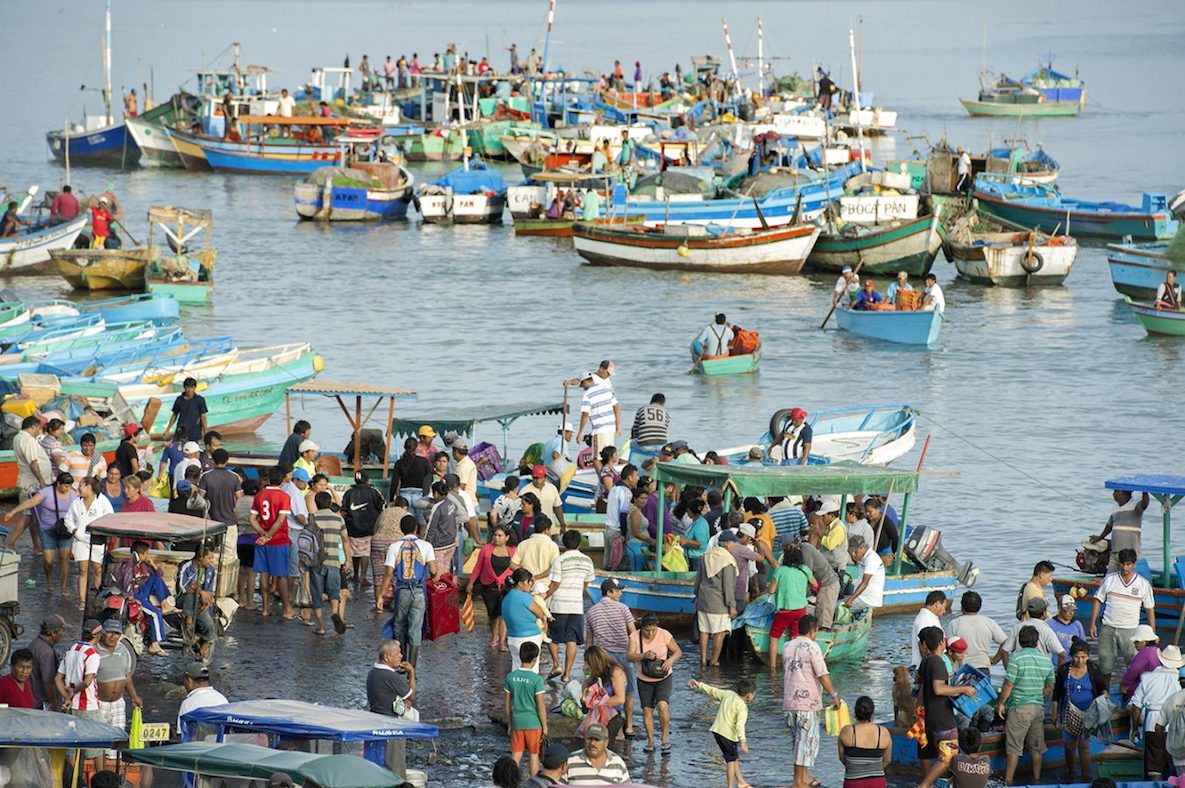
4. Celebrate the simple things
Finally, one day I found myself attending an online meeting for the UN Decade of Ocean Science for Sustainable Development, while my daughter homeschooled beside me. Spending more time at home has allowed me to further value what is most important to me as a person, to appreciate every single detail of the environment that surrounds us, and to build this into my life and work. It has allowed me to focus on what I previously overlooked, to allocate time to write, analyze, be strategic. It has allowed us to value the human connection of our efforts, as we engage with others who are also at home.
Ultimately, this experience has shown me how easily we took many things for granted prior to the pandemic. At an incalculable global cost, what we have all gone through will hopefully shed a light on things we now need to change. And although this year has been particularly challenging for conservation efforts, practicing resilience and gaining perspective will only make us stronger.

